Disclaimer: This post may contain affiliate links which means I may receive a small commission from purchases made through links. However, these are products that I would wholeheartedly recommend to my family and friends regardless if I make a small commission at no cost to you as a consumer.
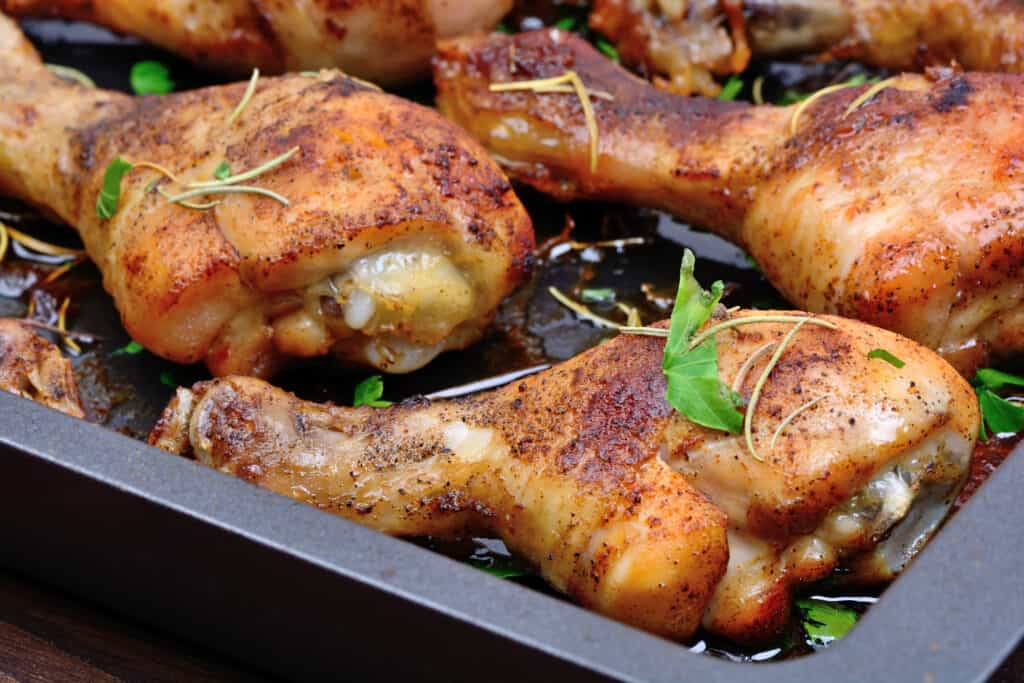
How to tenderize chicken?
Cooking chicken can be a tricky endeavor (especially boneless skinless chicken breasts) and you don’t want to end up with dry, tough, chewy meat. Even dark meat will benefit from these methods. Fortunately, there are ways to ensure your chicken is tender and flavorful. In this article, we’ll provide tips and tricks on how to make your chicken juicy and delicious every time. We’ll cover marinating techniques as well as cooking methods that will help you get the most out of your poultry. So grab your ingredients and let’s get started!
Understanding the Science of Tenderizing Chicken
Understanding the science of tenderizing chicken is essential for anyone who wants to cook delicious and moist chicken dishes. Chicken is one of the most used protein in American household for dinner. It can be a tricky meat to prepare, as it’s easy to overcook and end up with dry, tough, and chewy pieces.
To ensure your chicken turns out juicy and flavorful every time, you need to understand how the different marinating techniques and cooking methods work together. By understanding the science behind tenderizing chicken, you will have all the knowledge necessary for perfecting your poultry dishes!
All methods below will require adding prep time in advance since they need time to work their magic. Then follow your recipes to cook them so you won’t have tough chicken as a result.
1. Mechanical Tenderizing Techniques

For an extra tenderizing boost, you can try some mechanical tenderizing techniques. This includes you pound the chicken with a meat mallet to break down tough fibers. If you do not have a meat mallet, you could use a rolling pin, wooden spoon, or small heavy pan. You can also use a Jaccard knife, which is specifically designed for breaking down tough proteins.
This method is widely used to tenderize white meat chicken. It works especially well to tenderize chicken breasts, which are usually hard not to overcook due to their uneven shape. Flattening the chicken breast to make all parts of the meat into even thickness, ensures even cooking, so you don’t have to worry about parts of your chicken breast being overcooked or undercooked.
Pro Tips: Using a plastic bag or plastic wrap to cover the meat on a cutting board when mechanically tenderizing is an easy way to keep your kitchen clean and avoid spreading germs everywhere. Not only does using a bag ensure that any juices or bits of meat don’t get scattered around, but it also prevents bacteria from getting on other surfaces in your kitchen. Plus, once you’re done with the mechanical tenderizing, simply throw away the plastic bag for quick and easy cleanup!
When using these mechanical techniques, be sure to use gentle yet firm pressure. Overworking the chicken can lead to a tough, chewy texture. This ensures you won’t have a dry chicken breast on hand. Finally, you can also cube the chicken before cooking it to help tenderize it quickly and evenly.
2. Acidic Marinades
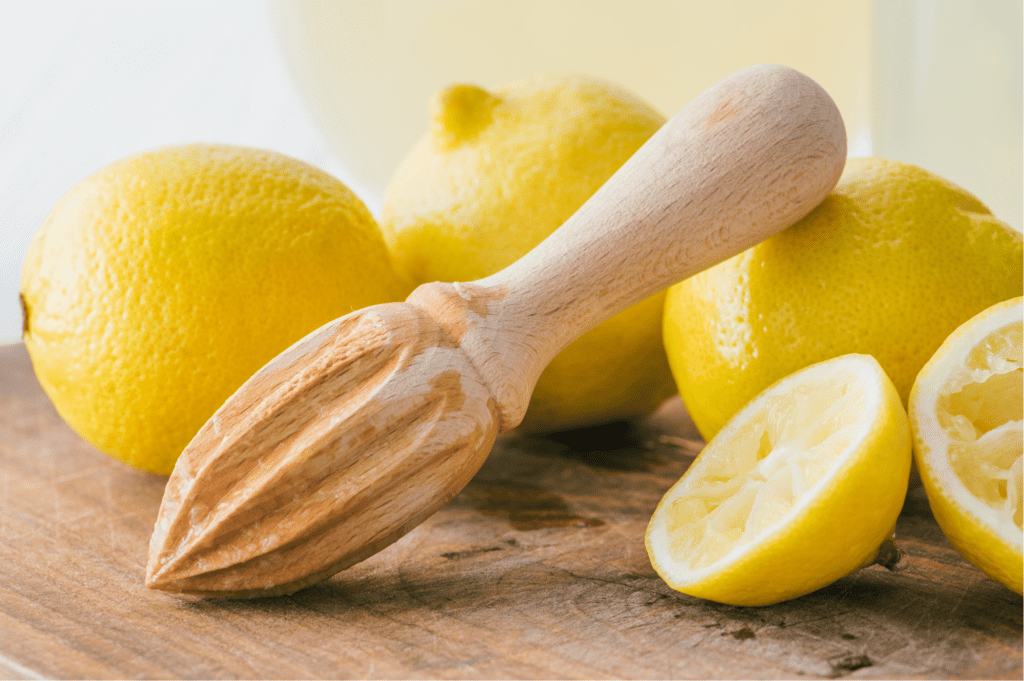
Acidic marinades typically contain ingredients like vinegar, citrus juice, yogurt, and even beer. These work to break down the proteins in the chicken and help it become more tender. They also add flavor to your dish. But remember, the acidity can quickly break down the meat if it is left in the marinade for too long and resulting in a mushy texture.
Steps to acidic marinade method
- Begin by selecting a marinade with an acidic base, such as vinegar, citrus juices, yogurt, or buttermilk. If you have time and want to experiment with flavors, you can also combine several acids to create your own marinade.
- Place the chicken in a resealable plastic bag and pour the marinade over it. Make sure that all surfaces of the chicken are covered in marinade.
- Seal the bag and massage it gently to spread the marinade over the chicken pieces.
- Place the bag in a shallow dish and refrigerate for about an hour or overnight, depending on the type of marinade used.
- When ready to cook, remove the chicken from the marinade and discard any excess liquid. Pat dry with paper towels before cooking.
3. Brining
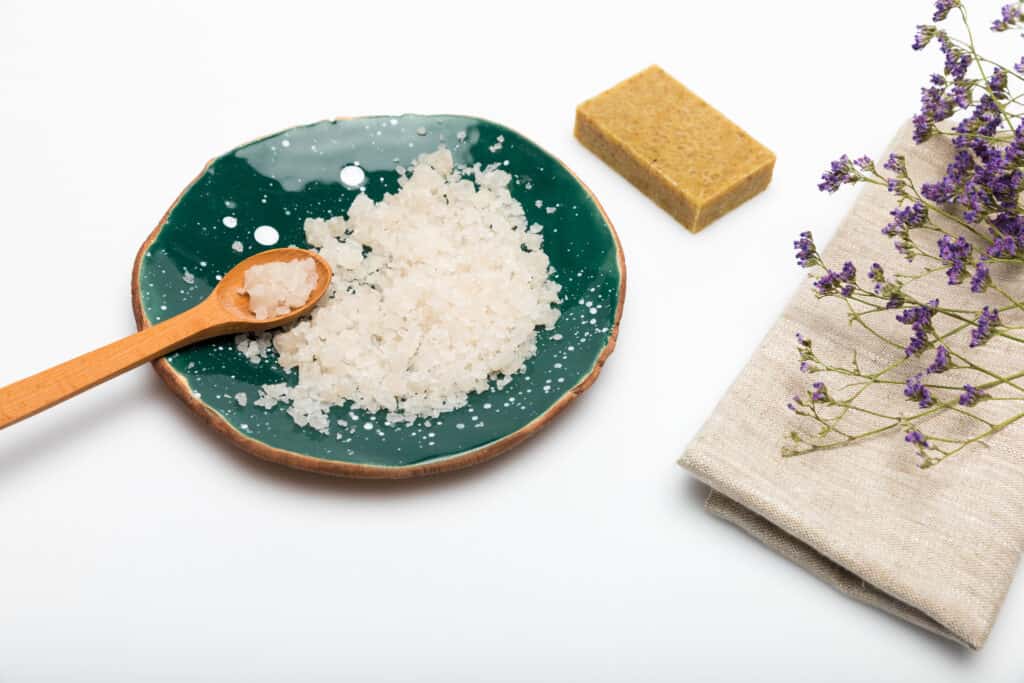
steps to the brining method
Like marinating, brining is an excellent tenderizing method to ensure a tender and juicy whole chicken or turkey – especially when preparing Thanksgiving turkey. Brining involves soaking the poultry in a salty solution to tenderize the proteins, which helps to infuse flavor into the meat and make it incredibly tender.
The salt also acts as a preservative, so you can be sure that your bird will remain fresh throughout the cooking process. Additionally, brining adds moisture to the poultry, resulting in succulent dishes that are full of flavor. So if you’re looking for an easy yet effective way to prepare your Thanksgiving turkey this year, consider giving brining a try!
- Making the Brining Solution: Gather 1 gallon of cold water and dissolve 3/4 cup of salt and about 1/2 cup of sugar in it. Depending on the size of your meat, you could use this ratio to make more or less of this brining solution. You may also add herbs, spices, or aromatics such as garlic, onion, or rosemary to the brine solution to boost its flavor. Stir the brine solution until all the ingredients are uniformly combined.
- Preparing the Food: Once you have made your brining solution, place your food in a shallow non-reactive container such as a ceramic or glass dish, plastic bag, or stainless steel pot (avoid aluminum containers and pans). Pour the brining solution over the food until it is completely covered.
- Brining: Place the container of food in the refrigerator and let sit for a few hours, overnight, or even days. The amount of time required will depend on the type of food, the size of the meat, and the desired taste, but typically range from 1-8 hours.
- Cooking: Once your food has finished brining, remove it from the brine solution and rinse off any excess salt. The food is now ready to be cooked according to your desired recipe.
- Cleaning Up: Once you have finished cooking your food, dispose of the used brine solution in an environmentally safe manner, such as down a sink drain or on vegetation in your garden. Make sure to thoroughly wash the pot you used for brining before using it again.
4. Enzymatic Marinades
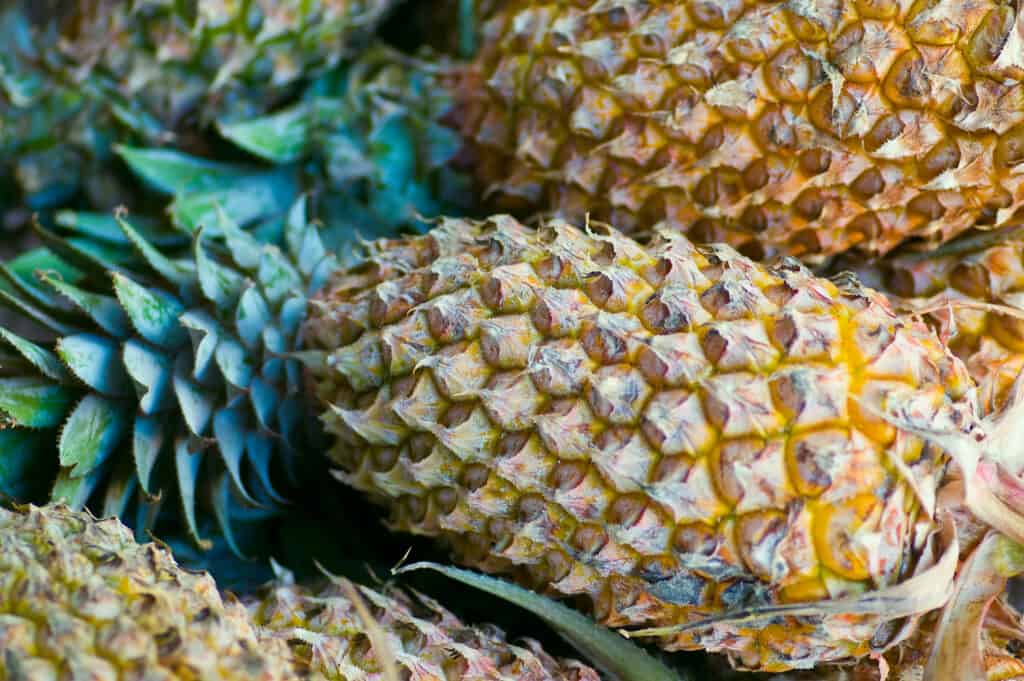
Enzymatic marinades are a great way to tenderize meat since it contains natural enzymes that can help break down proteins. Depending on the enzyme(s) used, it could also add a sweet flavor to your dish.
steps to the enzymatic marinades method
The key ingredients in an enzymatic marinade include pineapple, papaya, kiwi, figs, and ginger. To make the marinade, use one of the combinations of these ingredients. Mix the marinade ingredients together until completely combined.
- Soak in milk
- 1/2 cup of pineapple juice
- 1/4 cup of papaya puree
- 1/2 cup of kiwi puree
- 1/4 cup of fig puree
Place the meat in a shallow dish or resealable bag, add the marinade, and refrigerate for at least 8 hours or leave it in the fridge overnight. For best results, be sure not to leave the meat in the marinade for more than 24 hours as doing so may cause the meat to become too soft or mushy. Enjoy your delicious, tenderized meal!
5. Oil Marinades
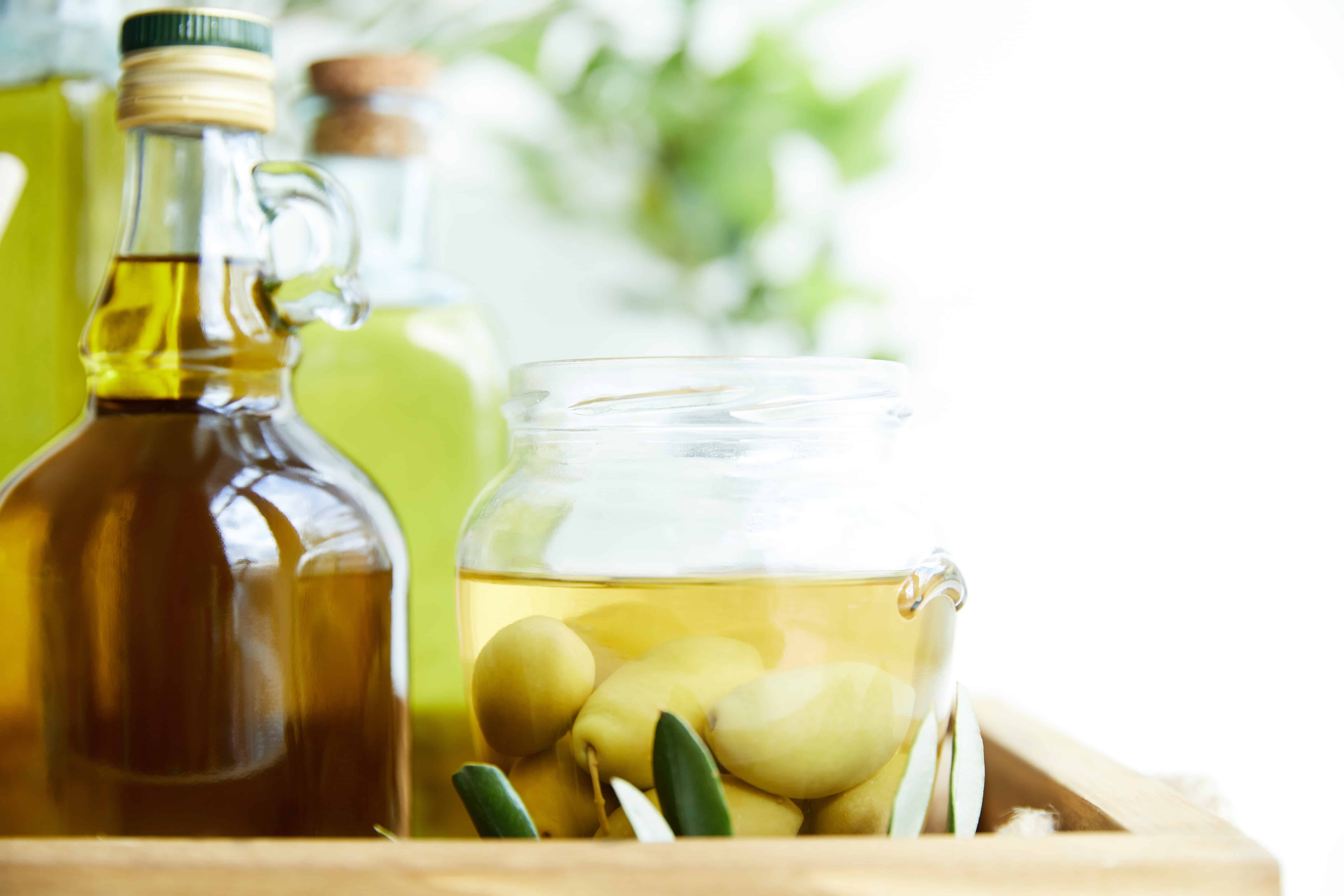
Tenderizing chicken with oil is a great way to prepare juicy and flavorful dishes. By marinating the chicken in an oil-based mixture, you can break down the proteins in the meat, making it more tender and easier to cook.
This method also helps add flavor to your dish as oils such as olive oil or coconut carry their own unique tastes that bring out different aspects of your recipe. An added bonus is that the oil will also coat the meat from heat while cooking preserving the natural juice of the meat. With just a few simple steps, you can have perfectly cooked and tenderized chicken ready for your meal!
- Begin by selecting the type of oil for your marinade. You can choose from olive, coconut, or any other light oil that won’t overpower your dish.
- Cut your chicken into pieces and place them in a shallow container.
- Drizzle the selected oil over the chicken, ensuring each piece is coated.
- Add any additional flavors you’d like. A few examples include garlic, oregano, or paprika.
- Let the chicken marinate for up to 30 minutes in the refrigerator so that it can absorb all of the flavors.
For a list of the best oils, please see this blog post.
6. Baking Soda
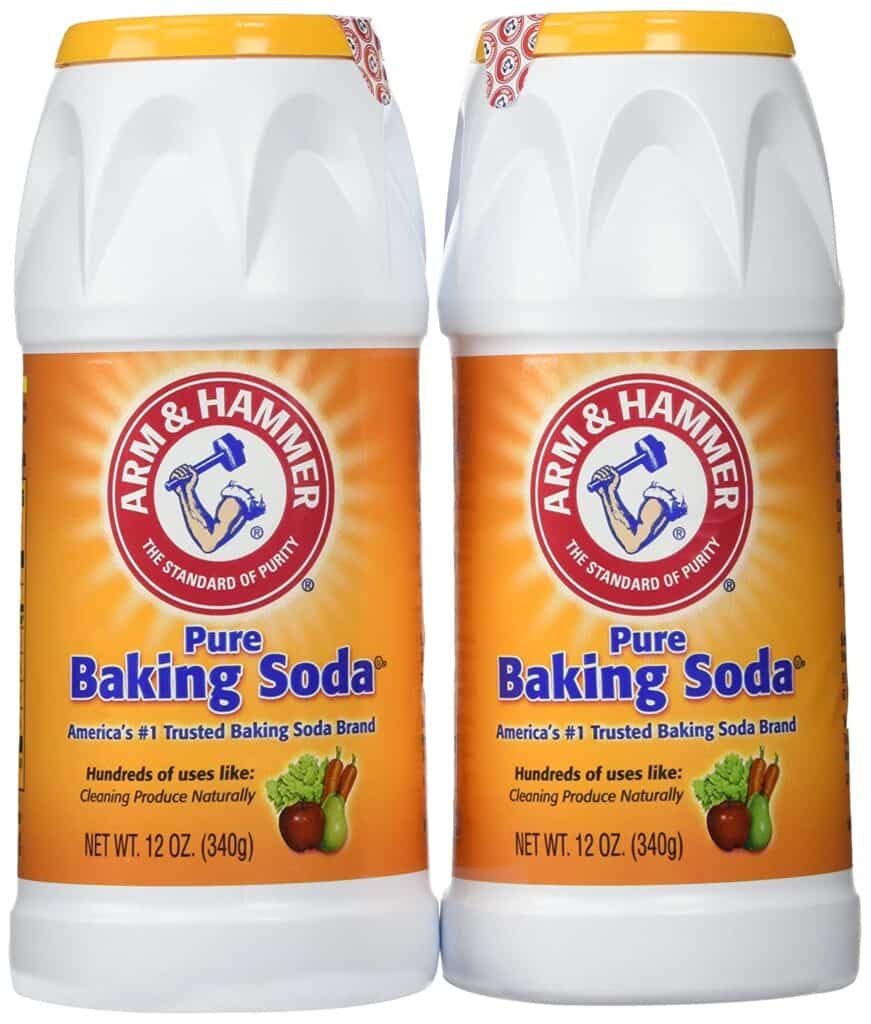
When using any of the above methods, add some baking soda to your marinate. Tenderizing chicken with baking soda is one of the top secret chefs everywhere use in restaurants. Just 1/8 tsp per 1 pound of meat is all you need. Baking soda will help to tenderize the meat and make it even more flavorful. It also helps to reduce bacteria that may be on the surface of your meats.
Marinating Time
The amount of time needed to marinate your chicken will depend on its size and cut as well as the ingredients used in the marinade. For example, acidic ingredients like lemon juice or vinegar will tenderize much faster than a marinade with oil-based ingredients.
Generally speaking, you should plan for at least one hour of marinating time for smaller pieces of chicken, up to four hours for larger cuts, overnight, or even days for the whole chicken. If your marinade has a higher acidity content, reduce the marinating time to avoid an overly sour or acidic taste.
When marinating chicken, it is important to ensure that all pieces are evenly covered by the marinade. To do this, turn the chicken occasionally or use a spoon or brush to coat it with additional sauce. This will help ensure that your chicken has a balanced flavor throughout.
After the allotted marinating time, you can remove the chicken from the marinade and either cook it or store it in the refrigerator until ready to use. If using later, place it in an airtight container and be sure to discard any remaining marinade. For safety reasons, never reuse marinated chicken or its marinade.
Marinating is an easy and flavorful way to add moisture and flavor to your meals. With a few simple steps, you can take your dishes from ordinary to extraordinary. Try different marinades for variety in your meals and be sure to use food safety guidelines when handling meat products. Enjoy!
Want to know how to tenderize beef instead? Refer to the blog post here.
NOTE: You could check out Tianna’s Kitchen for the Absolutely Perfect Chicken Marinade.
Frequently Asked Questions
Can you over-marinate chicken?
Yes, over-marinating chicken can lead to a mushy texture. The chicken can also become too acidic, which can affect the flavor.
What is the best method to tenderize chicken?
1. Mechanical method – pound the chicken
2. Acidic marinades – use of lemon juice, lime juice, etc.
3. Brining – soak the chicken in a brining solution made with salt and sugar
4. Enzymatic marinades – use of pineapple juice, papaya juice, etc.
5. Oil marinades – use olive oil, avocado oil, etc.
6. Baking soda – 1/8 teaspoon to 1 pound of meat
How do you tenderize chicken quickly?
The quickest way to tenderize chicken is to use the mechanical method and pound the chicken.
What do you soak chicken in to make them tender?
Soak the chicken in a brining liquid with 3/4 cup salt and 1/2 cup sugar to 1 gallon of water. Use this ratio to make either more or less of the brining liquid based on the size of your meat.
Does baking soda tenderize chicken?
Yes, baking soda is widely used by home cooks or chefs around the world for the purpose of tenderizing chicken or other meat.
Does olive oil tenderize chicken?
Yes, olive oil tenderize chicken and other meat, as well as other oils like avocado, coconut, etc.
Can you tenderize chicken without using a marinade?
Yes, mechanical tenderizing techniques, such as pounding or using a meat mallet, can also help break down the fibers in the meat.
Can you use a pressure cooker to tenderize chicken?
Yes, the high-pressure environment helps break down the fibers in the meat, resulting in tender chicken.



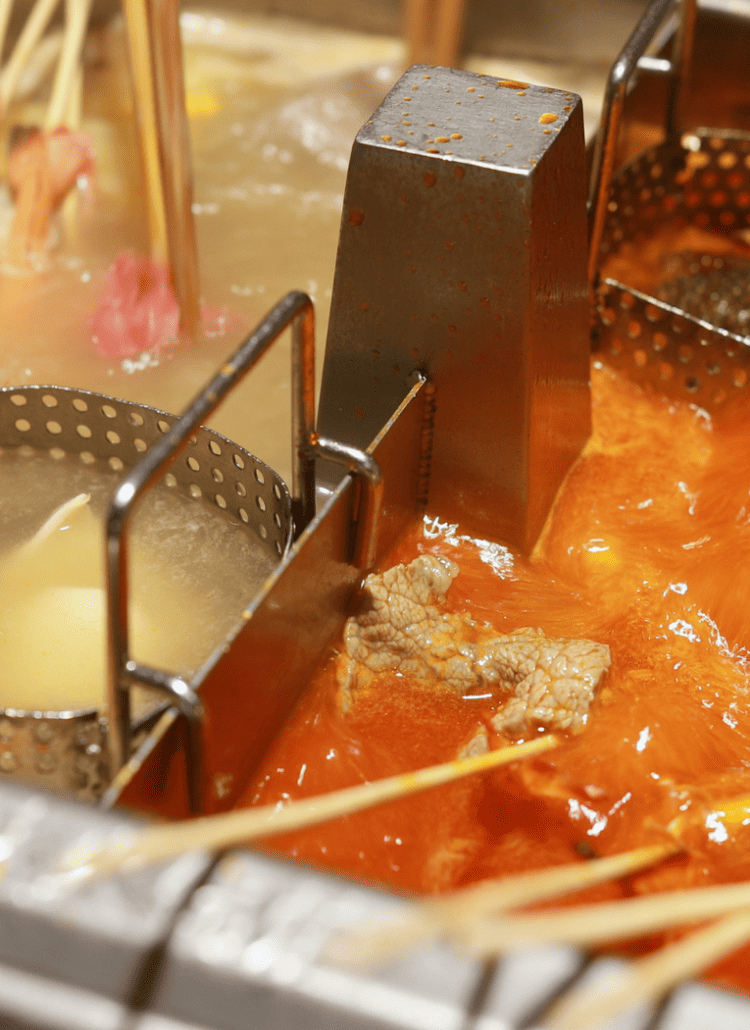
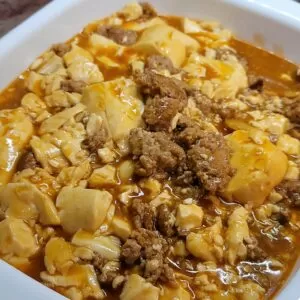
Hi! I found you off of the “Blogging Boss Chicks” Facebook group! I love your content and your blog is super well organized and beautiful to look at! I run a food blog as well that is centered around Gluten-Free cooking! I love your website and just wanted to acknowledge you!
Hi Veronica,
Thanks for visiting my blog and for your compliment. I hope you find the information helpful. I will check out your blog as well. Happy cooking!!
Susana
I love to cook. Definitely going to try these methods.
When I cook chicken in the crockpot, it literally falls off the bone, but I want to try the enzymatic marinade method. It sounds delish!
Good information on tenderizing chicken. I learned something new!
I never knew how to marinate chicken, so thanks for sharing! I’ll keep these in mind next time I’m making chicken.
I will have to try this out! The pineapple to tenderize the chicken sounds so yummy.
This post is very informative, there are a lot of things that I did not know for instance how “the acidity can quickly break down the meat if it is left in the marinade for too long and resulting in a mushy texture.”
Also, what do you mean by non-reactive containers and what happens if I use aluminum and pans for the brining solution? 👀👀
love all the different way to tenderize chicken definitely will be trying a few of these
Looks delicious, thanks for sharing!